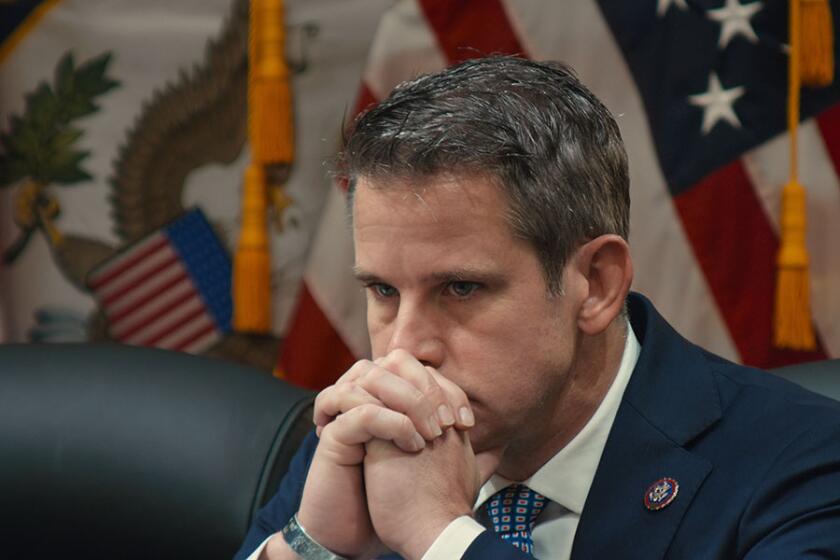Who Gets ‘High Noon’ Credit?
It’s a showdown that’s been half a century in the making, a dispute that has polarized show-biz factions into camps supporting either of a pair of principals who are no longer around to present their own versions.
At stake is the coin of the realm in Hollywood--a name in the credits. Fame and fortunes come and go, but on-screen credits are forever. Or, as in the case of the 1952 film classic “High Noon,” missing altogether.
Tonight’s documentary, “Darkness at High Noon: The Carl Foreman Documents” (9 p.m. on KCET), attempts to make the case that Foreman’s credit as producer on the landmark western was denied him and that legendary filmmaker Stanley Kramer (“Judgment at Nuremberg,” “Inherit the Wind”) was a key figure in a scenario that crucially included Foreman’s Hollywood blacklisting for refusing to name names before the House Un-American Activities Committee. Foreman died in 1984; Kramer died last year.
An Academy Award-winning screenwriter of such films as “The Bridge on the River Kwai,” Foreman penned the screenplay for “High Noon” and was a partner in Kramer’s production company, which made the movie. But Kramer’s widow, Karen Sharpe Kramer, contends that the documentary exaggerates Foreman’s role while minimizing her husband’s and that her efforts to have her position heard in tonight’s program were thwarted.
Those claims have been denied by “Darkness at High Noon’s” director and writer, Lionel Chetwynd, but in light of the dispute, KCET will follow the documentary with a half-hour program that will further examine the issue and include the comments of Mark Lane, an attorney and spokesman for the Kramer family.
The follow-up special will air at 11 p.m., but it’ll feel like high noon.
More to Read
Only good movies
Get the Indie Focus newsletter, Mark Olsen's weekly guide to the world of cinema.
You may occasionally receive promotional content from the Los Angeles Times.










